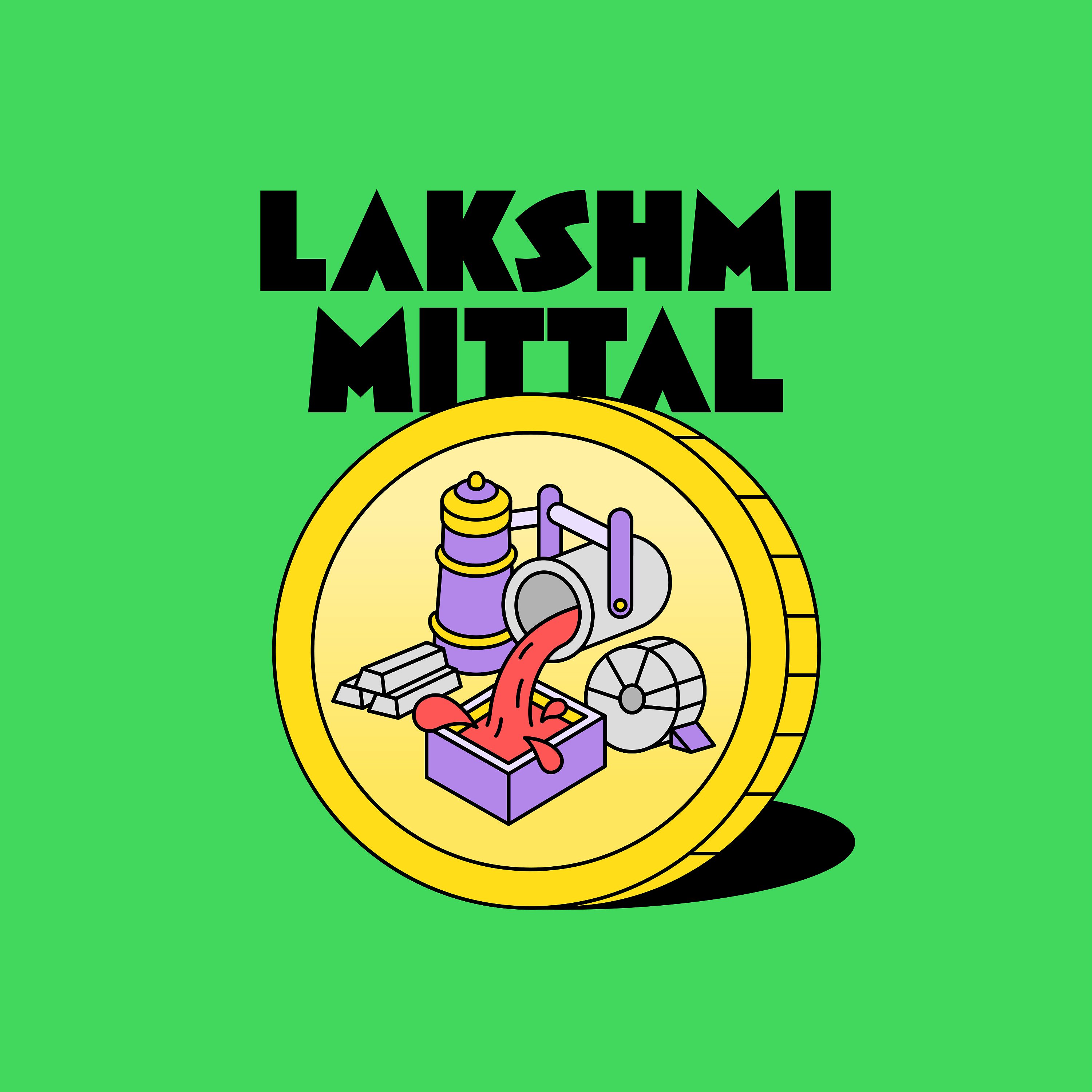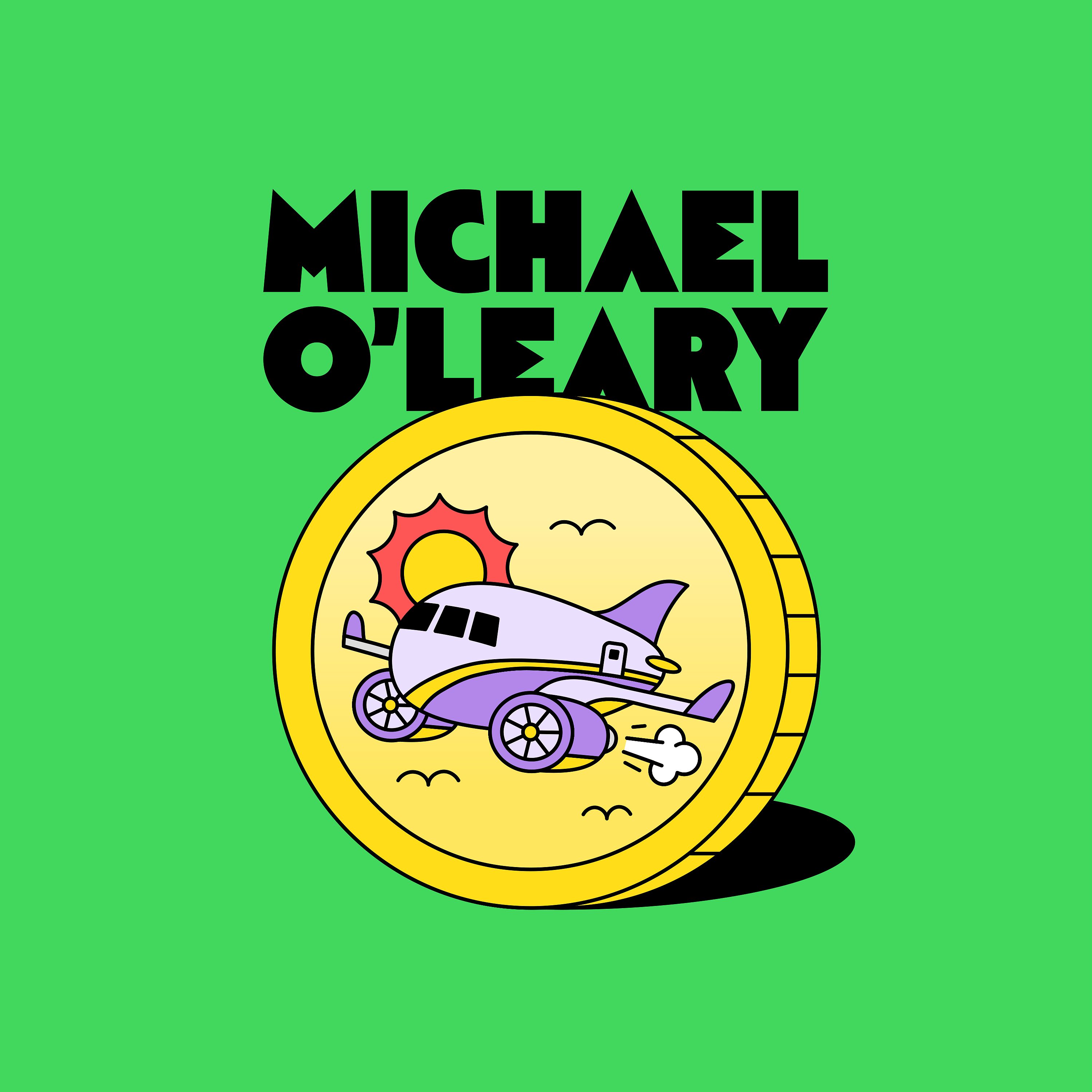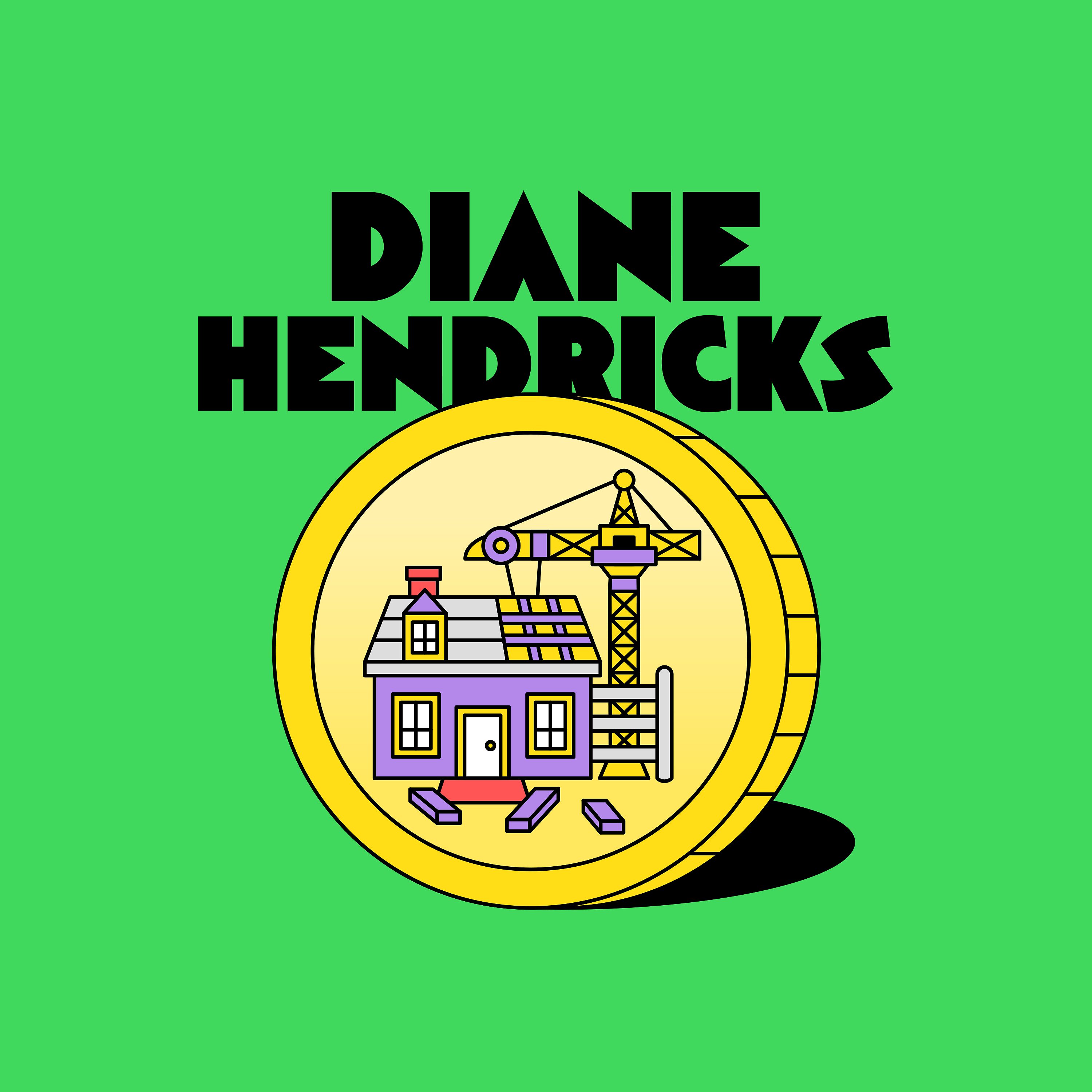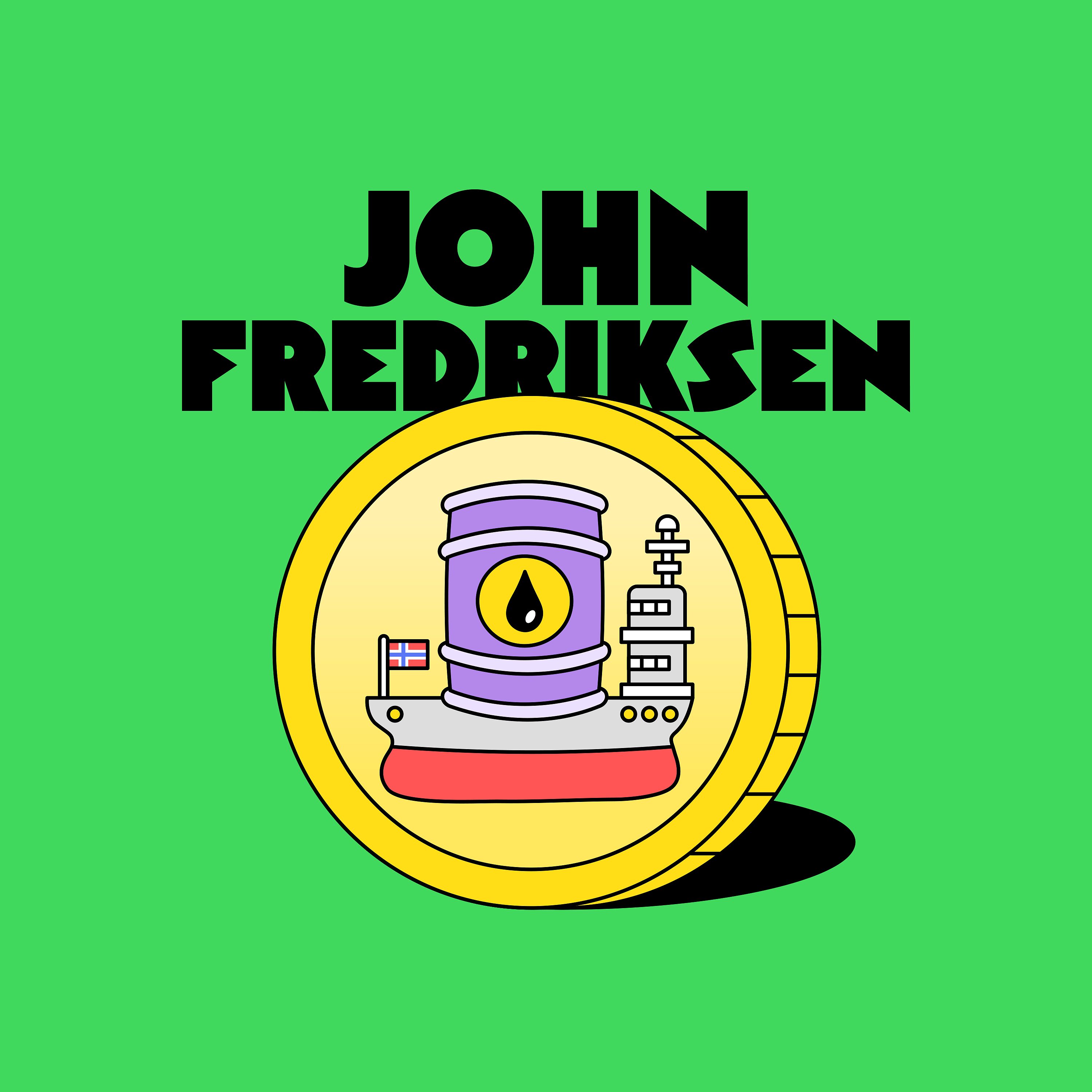The dead billionaires: What do you think?
What did you think of John D Rockefeller, Henry Ford, Howard Hughes, Sam Walton and Hetty Green?
These five titans of American industry include an oil tycoon, a motor magnate, an eccentric aviator, the founder of Walmart, and an unsung pioneer of value investment known as the ‘Witch of Wall Street’. They helped shape business in the United States, but were they good, bad, or just billionaires?
In Good Bad Dead Billionaire, BBC business editor Simon Jack and journalist Zing Tsjeng share their stories. Now we bring your verdicts in messages from across the world, including from Zambia, Ireland, Nigeria, Germany, the UK and Australia.
Good Bad Billionaire is the podcast that explores the lives of the super-rich and famous, tracking their wealth, philanthropy, business ethics and success. There are leaders who made their money in Silicon Valley, on Wall Street and in high street fashion. From iconic celebrities and CEOs to titans of technology, the podcast unravels tales of fortune, power, economics, ambition and moral responsibility.
To contact the team, email goodbadbillionaire@bbc.com or send a text or WhatsApp to +1 (917) 686-1176. Find out more about the show and read our privacy notice at www.bbcworldservice.com/goodbadbillionaire.
Press play and read along
Transcript
Speaker 1 This BBC podcast is supported by ads outside the UK.
Speaker 2 Hey, let's talk about your expense report.
Speaker 1 I didn't submit an expense report.
Speaker 2
You will. Custom saddles and dog training services are not within policy.
What are you talking about? SAP Concur uses advanced AI to audit and automatically detect out-of-policy expenses.
Speaker 2 It's the breakthrough I needed to focus more on our future.
Speaker 1 These are my future expenses?
Speaker 2 Yes, and self-defense classes are out of policy.
Speaker 1
I'll need self-defense classes. You will.
For what?
Speaker 3 It's a big dog.
Speaker 1 SAP Concur helps your business move forward faster. Learn more at concur.com.
Speaker 4
A happy place comes in many colors. Whatever your color, bring happiness home with CertaPro Painters.
Get started today at Certapro.com.
Speaker 4 Each Certapro Painters business is independently owned and operated. Contractor license and registration information is available at certapro.com.
Speaker 3 Welcome to Good Bad Billionaire from the BBC World Service. I'm Zing Singh.
Speaker 1 I'm Simon Jack, and on this special mini-episode, we're hearing from you, our listeners.
Speaker 3 Yeah, we've been asking you to get in touch, and we have been overwhelmed by the responses we've received.
Speaker 1 We've been doing this show for two years, so we thought it was time to start hearing directly from the audience. We've had loads of emails, loads of WhatsApps.
Speaker 1 It's really great to get the feedback because these are fascinating stories and people take different things from them.
Speaker 1 And there's a massive geographical range, there's a massive age range of people who've got in touch.
Speaker 3 Yeah, I mean, I've had people tell me their little brothers and little sisters like listening to the podcast.
Speaker 3 So maybe there'll be some would-be billionaires who are listening to us right now, taking notes and learning lessons.
Speaker 1 Yeah, maybe we'll feature them if we're still going. We've been going for two years.
Speaker 1 One little departure we obviously did was we did a little mini-series on five dead billionaires from the US, and we asked you to decide if each of them was good, bad, or just another billionaire.
Speaker 3
So that's John D. Rockefeller, Henry Ford, Howard Hughes, Sam Walton, and Hetty Green.
So we've told you their stories and you've come back and told us what you think.
Speaker 3 So let's dive right in with our first message.
Speaker 1
This is an email from John O'Mahoney in Ireland who says, love your podcast. Thanks, John.
My dog, Matilda, also loves the series. Thanks, Matilda.
Thank you, Matilda. She gets loads of walks, I see.
Speaker 1
So I can listen. We've decided that these American billionaires are a rum lot.
Definitely not fun house guests. Well, maybe a young Howard Hughes.
But they did leave a legacy.
Speaker 1
So Rockefeller, Green, and Walton, good. Hughes, very bad, Ford just another billionaire.
John also sent us some suggestions for Irish billionaires we may look at in future episodes.
Speaker 1 So thank you, John. I do agree.
Speaker 3 Young Howard Hughes, probably fun at a party. Older Howard Hughes, the one who crashed his plane, probably not.
Speaker 1
Fingernails and hair everywhere. Questionable personal hygiene.
By the end, not so much fun.
Speaker 3
Yeah, not so much fun. So let's have some more messages about John D.
Rockefeller. Here's an email.
Greetings, Simon and Zing. This is Kabimbi from Zambia.
I thoroughly enjoy your podcast.
Speaker 3 Look forward to listening to it every week. I think Rockefeller is just another billionaire, incredibly successful, but still just another billionaire.
Speaker 3
Though I might add that it's difficult to call the first ever billionaire just another billionaire. It's a good point.
Yeah, it is a very good point.
Speaker 3 He really did set the benchmark for a lot of our other rich people.
Speaker 1 I also got quite a lot of feedback saying, well, what about Julius Caesar? What about Cleopatra? What about Ramesses II of Egypt and all that kind of stuff? So they are dead.
Speaker 1 and they were undoubtedly rich. Quite hard to say that these were personal fortunes, though.
Speaker 3 Yeah, I will say that if anybody wants to get in touch and tell us what the real estate value on the pyramids is, perhaps we will do episodes on the fact.
Speaker 1
Let's get an estate agent around there right now. Here's a WhatsApp we had from Mustafa in Nigeria who said, I love your podcast.
Thank you, Mustafa. I think John D.
Speaker 1 Rockefeller should pass as a bad billionaire for annihilating competition. Very good point because that was one of the things that came up of his monopolistic practices.
Speaker 3 Yeah, and he did inspire a lot of the antitrust legislation in the states that is still being used today. Yep, that's right.
Speaker 1 You hear the word antitrust all the time, even with companies like, for example, the modern tech giants, that goes all the way back to Rockefeller. But another listener, Joel Jensen, disagrees.
Speaker 3
He says, I would vote that John D. Rockefeller was a good billionaire, despite the antitrust issues.
It was a different time, that's true, and the industry he operated in was in its infancy.
Speaker 3 Furthermore, he was against slavery and he was ahead of his time in respect of philanthropy.
Speaker 1
Yeah, lots of opinions about Rockefeller. So what about Henry Ford? Kabimbi from Zambia also emailed us about Henry Ford.
I think Mr.
Speaker 1
Ford is a bad billionaire, primarily because of his anti-Semitic stance. However, outside that, he was a revolutionary character.
It's just the anti-Semitism that soils his reputation.
Speaker 1 Keep up the good work, guys. Really enjoy the show.
Speaker 3
Thank you, Gabimbi. And here's another email about Henry Ford.
Dear Good Bad Billionaire Team, this is Nabik from Dusseldorf, Germany.
Speaker 3
Thank you so much for producing this podcast, which has quickly become my favourite podcast. I listen to an episode almost every day.
Wow, thanks for having me.
Speaker 1 You have to keep them coming.
Speaker 3 Thank you so much, Nabik.
Speaker 3 I think Henry Ford, he says, is a difficult subject because cars have had such a diverse impact on history, and he probably couldn't have known how they'd feel climate change, ruin American cities and kill millions annually through accidents.
Speaker 3 Of course, they also did a lot of good, for instance, in enabling emergency medical care through ambulance vehicles.
Speaker 3 But given that cars are one of the main factors making Earth uninhabitable and his ruthless business practices, I say bad billionaire. Looking forward to the next episode.
Speaker 3 I mean, that's certainly one angle you can take on Henry Ford. But arguably, would he have ever guessed that cars would have done all this stuff?
Speaker 1 In his defense, did people have a
Speaker 1 fully informed view of the likely impact of cars?
Speaker 1 Climate science didn't really exist in those days either.
Speaker 1 So, you know, I'm not trying to say that cars haven't had an impact on the environment, but you could question how foreseeable it was given the science available at the time.
Speaker 3 Well, if you disagree, you know how to reach us.
Speaker 1
And in fact, we did receive a WhatsApp we got from Aris in Australia who defended Henry Ford. I love listening to your podcast.
It's the only reason I chose economics as my elective.
Speaker 1 I think Henry Ford is a good billionaire, by the way.
Speaker 3 Wow, changing people's academic careers.
Speaker 1 Oh my gosh, I feel a terrible sense of responsibility. I hope that goes well.
Speaker 3 Yeah, Aris, tell us how you do in your elective. I hope you get an A.
Speaker 1 Here's an email about the Walmart founder, Sam Walton, from Alex Chapman. In my opinion, Sam Walton is a good billionaire.
Speaker 1 You can argue that no company in the last 50 years has been responsible for employing more people than Walmart.
Speaker 3 That is almost certainly true. Yeah, I mean, I have to say, having just come back from a trip to America and been in a warm-up for the first time in years, God, those places are huge.
Speaker 3 They must employ a lot of people.
Speaker 1 Moving to our only female Dead Billionaire, Hetty Green, we got this WhatsApp from Geronima, originally from Barcelona, but now living in New York, who says, first, let me say I love 3-0s, your podcast.
Speaker 1
Thank you, Geronima. You're a great team who explores so many angles.
I love the Dead Billionaire miniseries.
Speaker 3 Yeah, talking about...
Speaker 3 Hetty Green, she thanks us for focusing on women who aren't well known and agrees that what for a man would be seen as eccentricities, For a woman, she saw her labelled as a witch.
Speaker 3 And she says it's infuriating, and even though there are more wealthy women now, they still need to be careful. If Musk was a woman, she would get a lot of heat.
Speaker 3 Well, presumably a lot more than he's already getting.
Speaker 1 Yes. Geronima judges Hetty Green to be just another billionaire, saying she is neither good nor bad, a product of her childhood and the times.
Speaker 1 And if she had been a man, she would have been another Rockefeller or Vanderbilt. Geronima ends by saying, I agree, once you have a billion, who needs more? Once you have a hundred million, why more?
Speaker 3 It's a good question, isn't it?
Speaker 1 Well, we've often said that we would have been gone long before it had been us.
Speaker 3 I mean, not even 100 million.
Speaker 1 Just have a revolving chair after we got about, what,
Speaker 1 10 million?
Speaker 3 10. I think that's my cap.
Speaker 1 We've gone fishing.
Speaker 3
Now, here's another email on Hetty Green. I want to say she was as good as any billionaire.
I don't admire any of them.
Speaker 3 Reasoning that she didn't cover the world in concrete or destructive products, and she's probably helped by saving banks from collapse. Yours sincerely, Lillian Pierce.
Speaker 1 That's very interesting because she did bail out a number of banks in previous financial crises,
Speaker 1 a bit like the one we saw back in 2008. So thank you very much for that, Lillian.
Speaker 3 Thank you so much to our listeners for all those messages.
Speaker 1 It is really great to hear. And it's interesting to get a sort of a range of opinions on across the board and on each individual one, which just goes to show the, you know, there are...
Speaker 1
A couple of sides to these stories. They are nuanced and interesting stories.
Yeah.
Speaker 3 You know, these billionaire stories are really complex. They're really interesting.
Speaker 1 And we're going to close today with an email from loyal listener, Loiso Mefe from South Africa, who begins, Good, Bad, Billionaire is the very first podcast I ever listened to. Wow.
Speaker 1 After reading Simon's article in BBC.com, Timing, Luck, or Talent? What makes a billionaire? Well, that's great to know that that resonated. I've been hooked ever since.
Speaker 1 My 11-year-old money-loving son is also an addict, and I've listened to every episode.
Speaker 1 There is much to love about the series, but above all, it's the chemistry between the two of you that raises it to another level.
Speaker 1 Oh, sweet. Go on.
Speaker 3 He says, My favorite moment was on the IKE Batista episode when Simon laughed off the judge's excuse for driving around in Batista's impounded Porsche.
Speaker 3 I also credit your show for introducing me to the world of podcasts. They're all I listen to now when I'm driving around, but good, bad billionaire remains my favourite.
Speaker 3 Wow, talk about a conversion rate there.
Speaker 1
Yeah, well, stick with us. I'm particularly enjoying, he says, the current mini-season on dead billionaires.
My take on the ones I've listened to so far.
Speaker 1
Rockefeller, good billionaire, he gave away so much. Ford, bad billionaire, went to great lengths for his anti-Semitism.
And Hughes, just another, though interesting, billionaire.
Speaker 1 He reminds me of Elon Musk for the diversity of industries in which he was successful.
Speaker 3 And then he also adds, as for the larger question of whether we need billionaires or not, my answer is yes. Self-made ones are the natural product of progress in open economies.
Speaker 3 As bad and potentially dangerous as economic inequality is, the gap between, say, the very top athletes or the brightest people with highest IQs and ordinary people is equally exponential but not as visible.
Speaker 3 Thank you once again to you and your team for a great show. More, please.
Speaker 1 Well, that's interesting.
Speaker 1 Right at the beginning of this whole thing a couple of years ago, we talked about whether the existence of billionaires was a good or bad thing in itself, because it is a crushing example of inequality.
Speaker 1 On the other hand, other people will say that a profit motive, whatever, would you have the innovation that we've seen in certain areas?
Speaker 1 And the fact which I like to come back to is that the existence of billionaires tells us something about ourselves.
Speaker 1 People don't get fantastically rich unless they provide something to the rest of us that we either need, want, or enjoy.
Speaker 3 And we are willing to hand over money to get it.
Speaker 1
Exactly. So they tell us something about ourselves.
Thank you so much for all of those fantastic messages telling us what you think about the billionaires we cover, both dead and alive.
Speaker 1 And thank you for your suggestions of billionaires for us to cover too. We do read them and some of them may well turn up in our next season.
Speaker 3 Now, if you want to get in touch, email goodbadbillionaire at bbc.com or drop us a text or WhatsApp to 001-917-686-1176 to tell us what you think.
Speaker 1
That is goodbadbillionaire, all one word, at bbc.com or 001-917-686-1176. And don't forget to include your name.
We may read out your message on a future episode, as we just have.
Speaker 3 And don't forget to say where you're from as well, because that is really interesting to find out where our listeners are.
Speaker 3 And yes, we will be back with more billionaires, both good and bad, later in the year.
Speaker 1
Good Bad Billionaire is a BBC World Service podcast. It's produced by Mark Ward.
Paul Smith is the editor, and it's a BBC Studios audio production.
Speaker 3 For the BBC World Service, the commissioning editor is John Minel. And if you enjoyed it, do tell a friend.
Speaker 2 Hey, Ryan, that was a fast trip. It was like you teleported.
Speaker 1 Yeah, just got in. I'll get all my expenses logged, I promise.
Speaker 2
Oh, no, you're okay. SAP Concur uses advanced AI, so your expense report will practically write itself.
Quite the breakthrough. It's like we've been teleported into the future.
Speaker 1 All right.
Speaker 2 So, just curious, would you give us written permission to convert your matter into energy patterns and reassemble you at, say, random travel destinations?
Speaker 1 Margaret, are you building a teleporter? No.
Speaker 1
Yes. SAP Concur helps your business move forward faster.
Learn more at concur.com.





